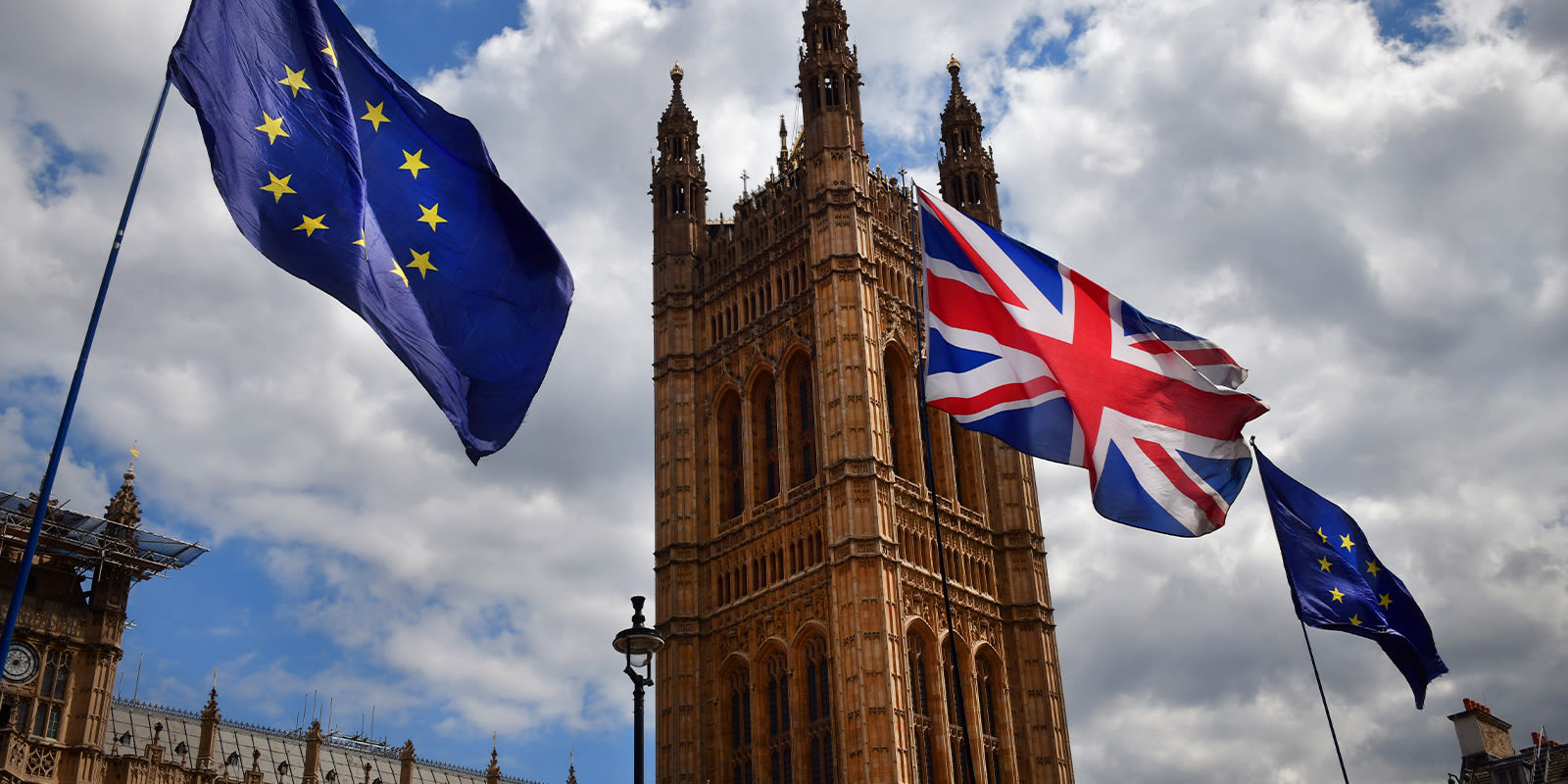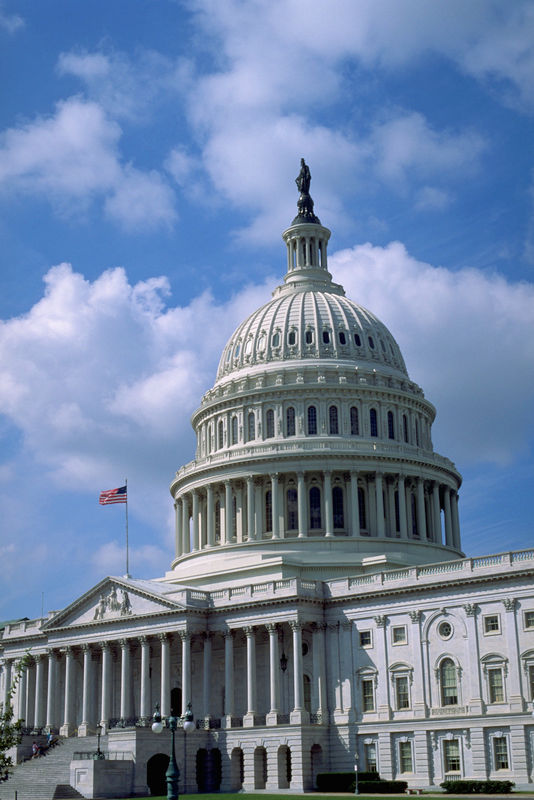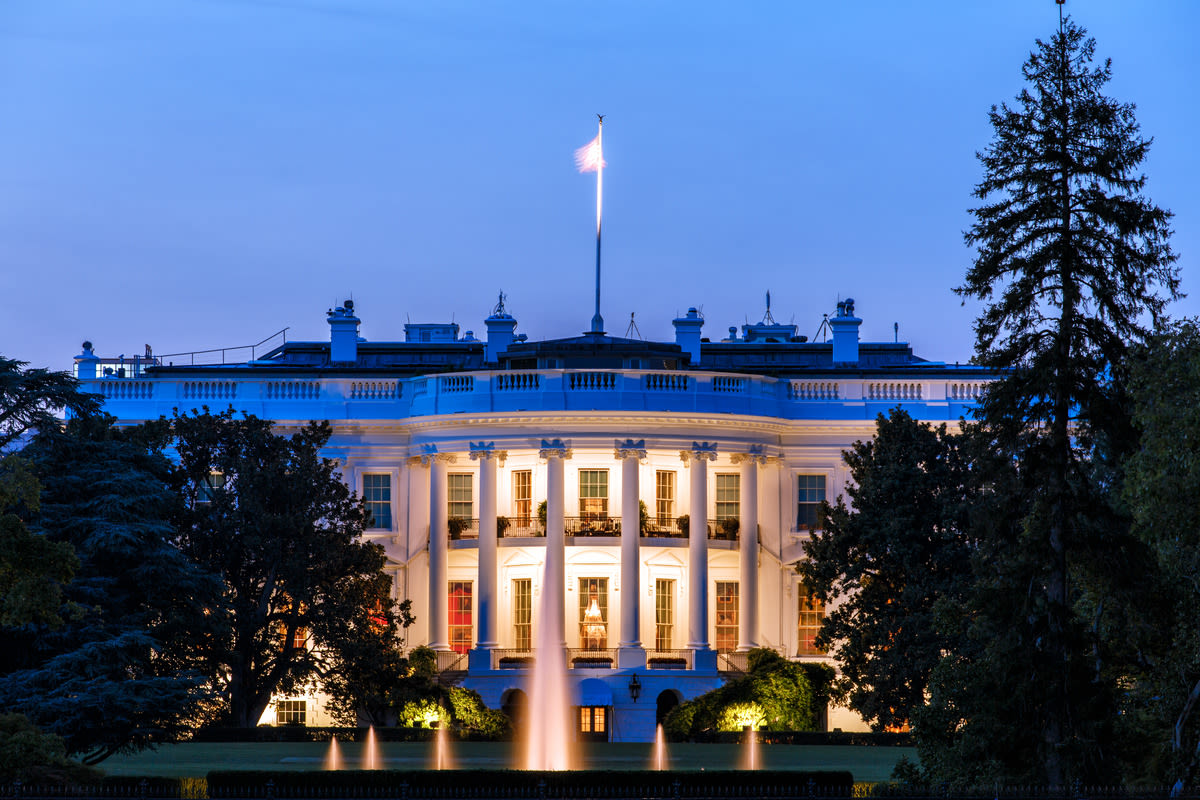
June 16, 2020
Importers Prepare as UK Says No to Longer Brexit Transition
Importers Prepare as UK Says No to Longer Brexit Transition

June 16, 2020
The UK has formally confirmed to the EU that it will not extend the Brexit transition period beyond the end of 2020. To emphasize the point, the UK Minister for the Cabinet Office tweeted a message to reaffirm the intention to regain political and economic independence.
But clarity on when the transition period will end still leaves many questions on what will happen next. Following are insights to help shippers gain perspective on unresolved issues and to navigate through the next six months of the transition.
More Customs Burdens, With or Without a Deal
Whether the transition period ends with a new free-trade agreement or in a no-deal Brexit, one thing is certain: The requirements on filing customs declarations will not change. As Flexport Director of Customs Compliance Mike Bing recently noted, “...whether a trade deal is reached or not, this will change NOTHING at all to the requirement of filing customs declarations. A [new] free trade agreement will not automatically resolve all issues, it will merely take away a very small amount of cost that we call customs duty . . . It is the actual work of filing which will introduce the greatest drain on supply chain finances.”
Soft Border Controls Are Not a Long-Term Fix
In an effort to keep Brexit from adding to the economic fallout from COVID-19 the UK had already decided to subject goods entering the UK for the first six months of 2021 to a “light touch.”
Officials planned to implement full border controls in stages. However, the exact nature of the “light touch” or phasing of full border controls remain unclear. In response, the WTO has announced its intent to monitor the light touch for potential violations of Most Favoured Nation (MFN) regulations—part of the General Agreement on Tariffs and Trade (GATT), which governs trade in goods for all members of the WTO and forbids discrimination between trading partners without a free trade agreement. This intention to monitor sounds a note of caution on the future of the UK’s “light touch” approach. And, the uncertainties suggest importers should proceed with care, making necessary changes to supply chains to ensure consistent movement of goods.
A Complicated Border Grows More So
One of the biggest stumbling blocks to negotiating Brexit was the further complications it would pose for the border between Northern Ireland (part of the UK) and the Republic of Ireland (part of the EU). European Commission Vice President and leader of the EU’s delegation for Brexit negotiations Maros Sefcovic confirmed last Friday that a specialized committee will meet to discuss the Ireland/Northern Ireland protocol and stressed the need to move from “aspiration to operation and fast.” He also reiterated the obligation of the UK and EU to uphold the Good Friday Belfast Agreement.
Importers who trade between the Republic of Ireland, Northern Ireland, and Great Britain should enlist help from an experienced forwarder to deal with new paperwork requirements as of January 1st 2021. Her Majesty’s Revenue and Customs (HMRC) has advised importers to sign up for newsletters and updates at gov.uk.
Regional Trade Solutions
Businesses that manage a bonded warehouse in mainland Europe and ship to and from the UK, may want to consider Transit procedures (T1) for goods moving to the UK via the EU, as the UK will remain a part of the Common Transit Convention (CTC). This will mitigate double duties when goods leave the warehouse in the EU and re-import to the UK or vice versa.
Flexport’s new UK office can help in several ways:
- Customs brokerage and clearance services in all major ports in the UK, including in Northern Ireland and the Republic of Ireland
- Customs clearance capabilities to clear in all EU member states
- Advisory services for any complex customs matters that may arise, especially with this new customs environment
Technology Can Make the Impossible Possible
When 2020 ends, so will the transition period, making Brexit a reality for global trade. Enlisting a broker can provide guidance through this complex change. The UK’s “light touch,” phased approach will not remove the need for import declarations into the UK or into the EU. Demand for brokers who can submit export and import declarations for trade between the UK and mainland Europe will be high.
For importers seeking efficient mass declarations and total visibility of their supply chains, an integrated tech-focused solution may be the only way forward. Gathering reliable import and export data and turning it into readily available information is key. This visibility helps teams and brokers better understand the supply chain. It also helps to more easily resolve HS classification or valuation issues while finding potential duty-savings through special import regimes such as inward processing relief.
To learn more about how Flexport can offer guidance through the Brexit transition, contact a customs and trade advisory expert.
About the Author

June 16, 2020


